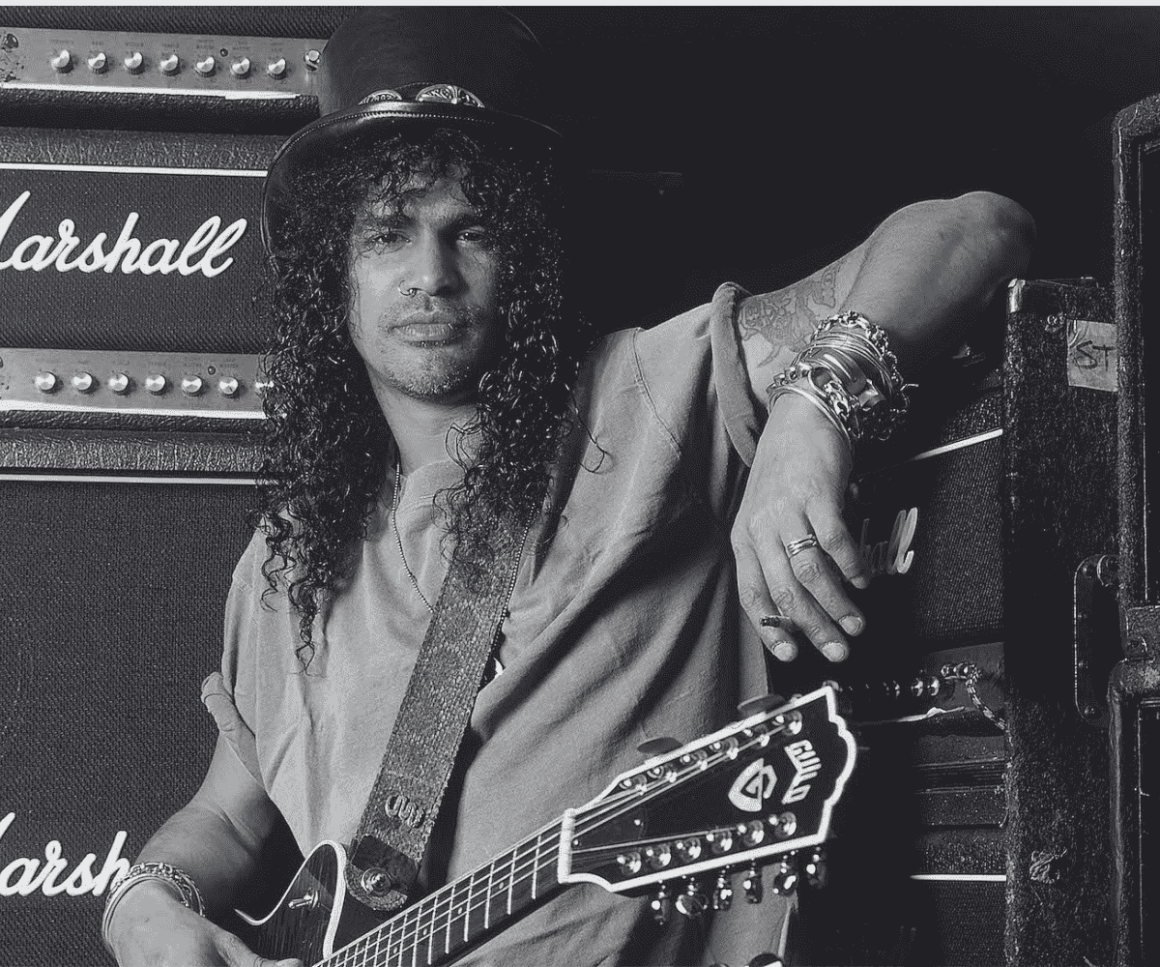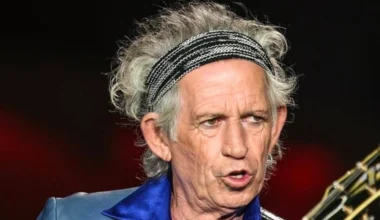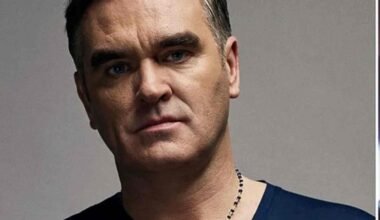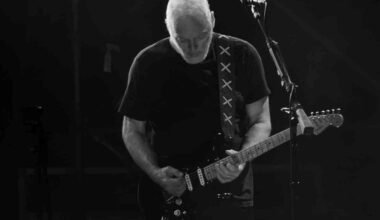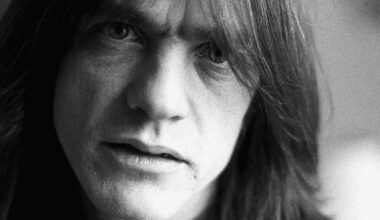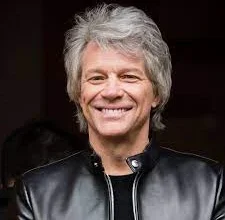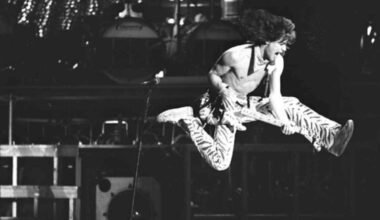Anyone trying to match Slash on guitar faces an uphill battle. Since his rise with Guns N’ Roses, the top-hat-wearing rock icon has epitomized the essence of badassery in the genre, showcasing electrifying blues leads and lighting up every venue he graces.
However, Slash doesn’t view himself as a guitar god; during jam sessions with the legendary Les Paul, he admitted he was just trying to keep up.
Ironically, Slash never intended to be a guitar hero. His goal was simply to succeed in a rock band, focusing on honing his sound rather than seeking the spotlight alongside Axl Rose.
In contrast, Les Paul often goes underappreciated for his incredible guitar skills. Many casual fans recognize him mainly as the name on a guitar headstock, but before teaming up with Gibson, he was already a top-tier guitarist.
Archival footage from the pre-rock and roll era showcases Paul developing a distinct guitar style. While Chet Atkins had his signature twang, Paul brought an element of fiery precision to his playing that was revolutionary for his time.
Slash’s ascent to fame can be traced back to Les Paul. Although he often played like a god on stage, it was receiving a Gibson Les Paul during the recording of Appetite for Destruction that solidified his iconic sound, adding warmth to hits like “Paradise City” and “Welcome to the Jungle.”
Even after achieving legendary status, Slash cherished the opportunity to jam with icons like BB King and Eric Clapton, yet he regarded Les Paul as a major influence.
“He’s the grandfather of guitar for me. I didn’t know who he was until my grandmother told me. I played with him a bunch of times. I went up there, all cocksure and everything, to jam, and he wiped the stage with me. I used to judge how much better I was getting by how well my jams with Les were,” he recalled.
Les Paul’s playing style transcended mere speed. In later albums, Slash’s tasteful guitar work mirrors the lessons he learned from Paul.
The refined tone and nuanced note choices on his self-titled solo record illustrate this influence, highlighting how he applied those lessons to collaborate with various vocalists.
Ultimately, whenever Slash picks up a Gibson Les Paul, he channels the spirit of Les Paul himself. While many argue that a guitarist’s tone resides in their fingers, it’s nearly impossible to compete with someone who wrote the rulebook for the instrument.

